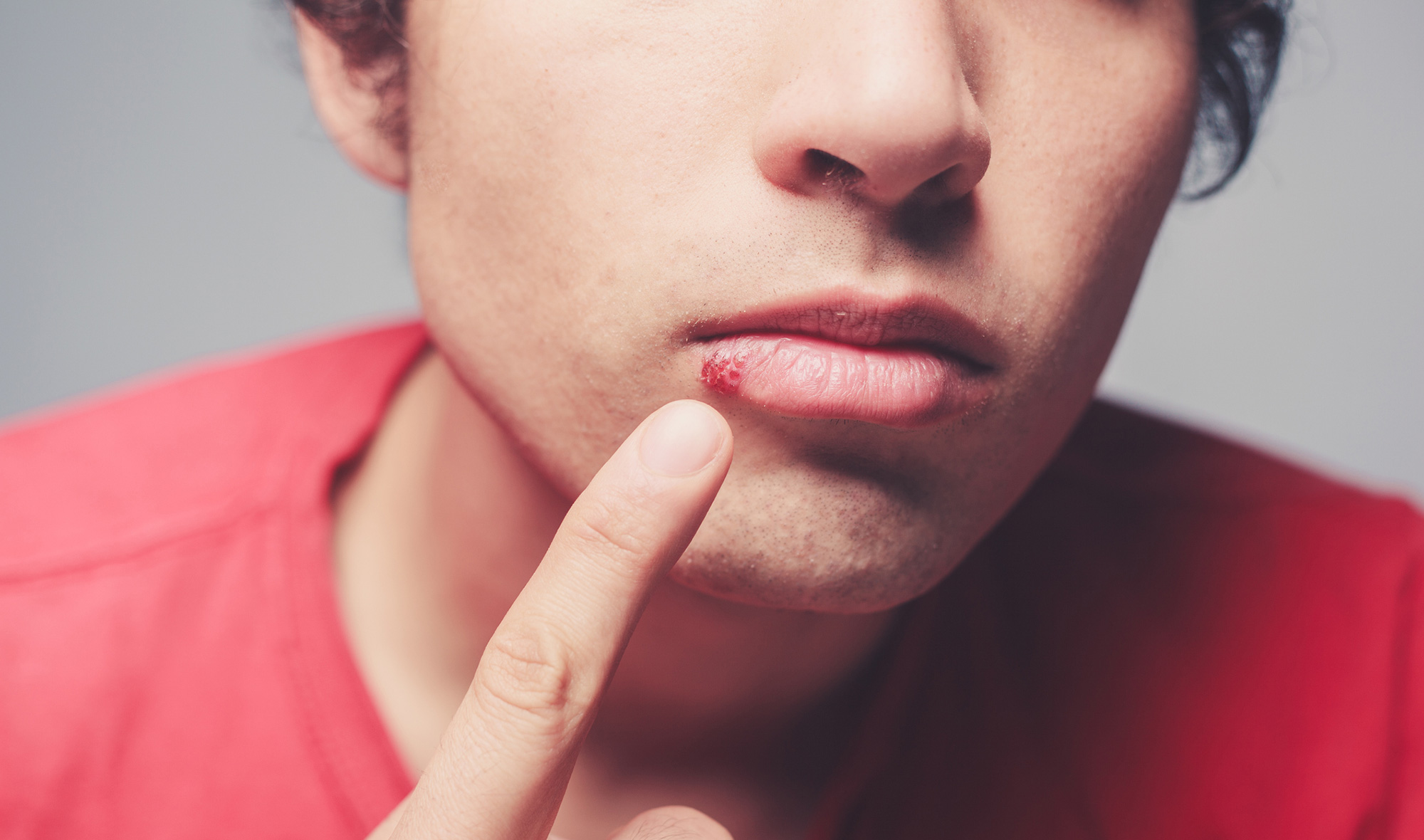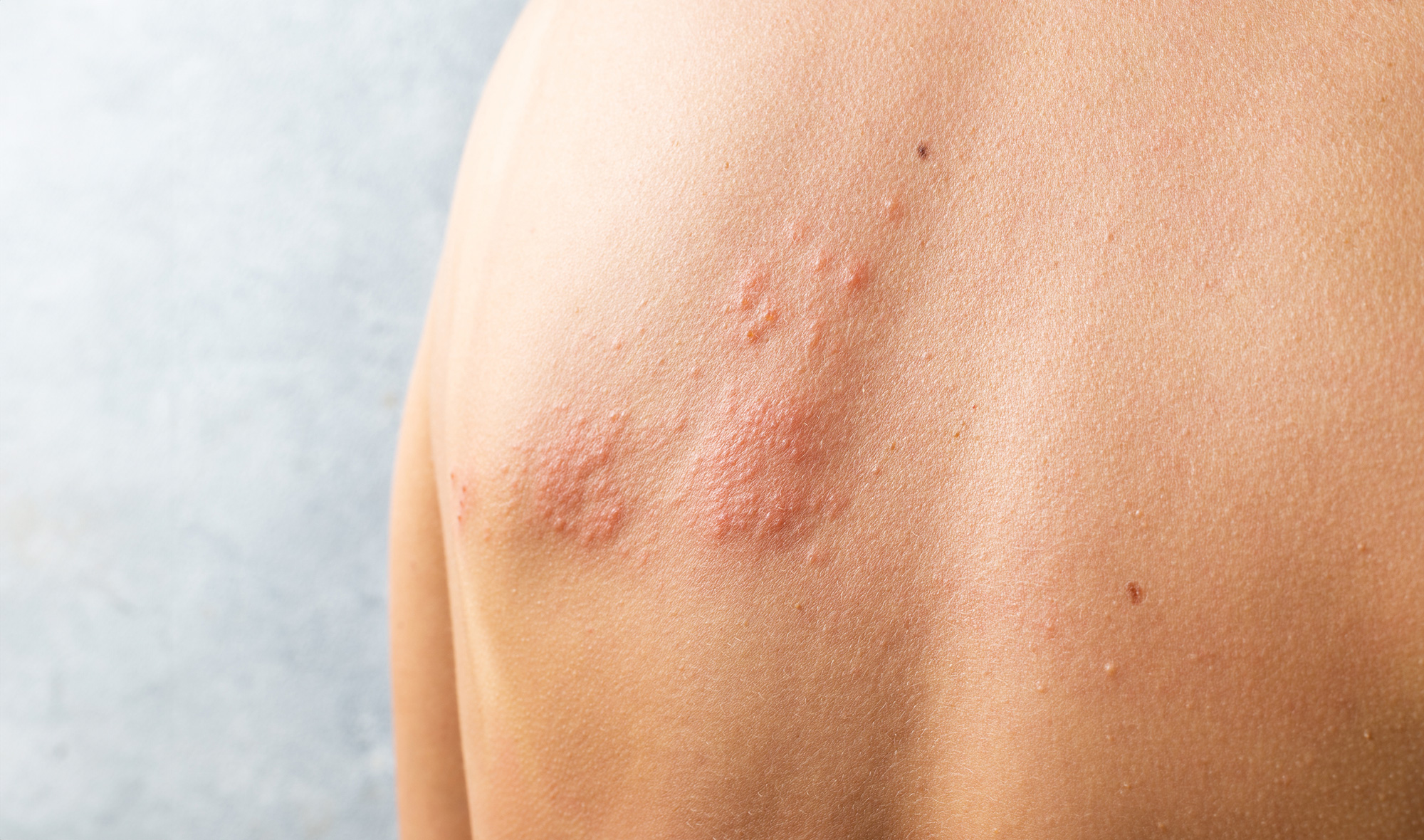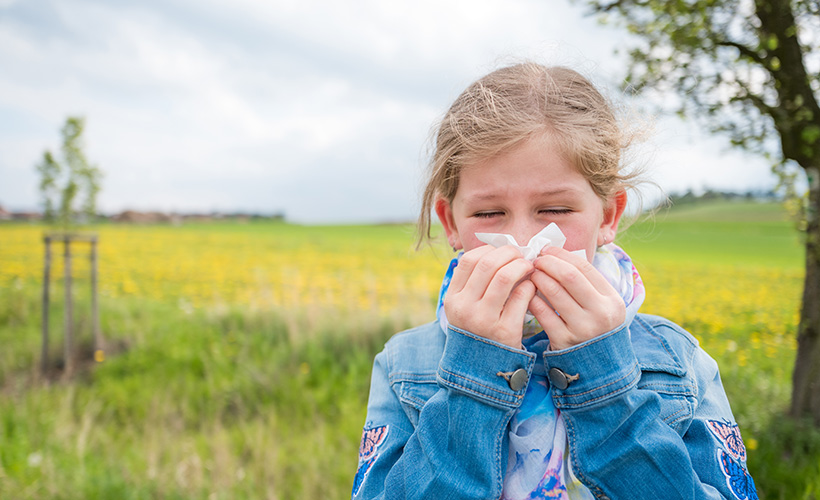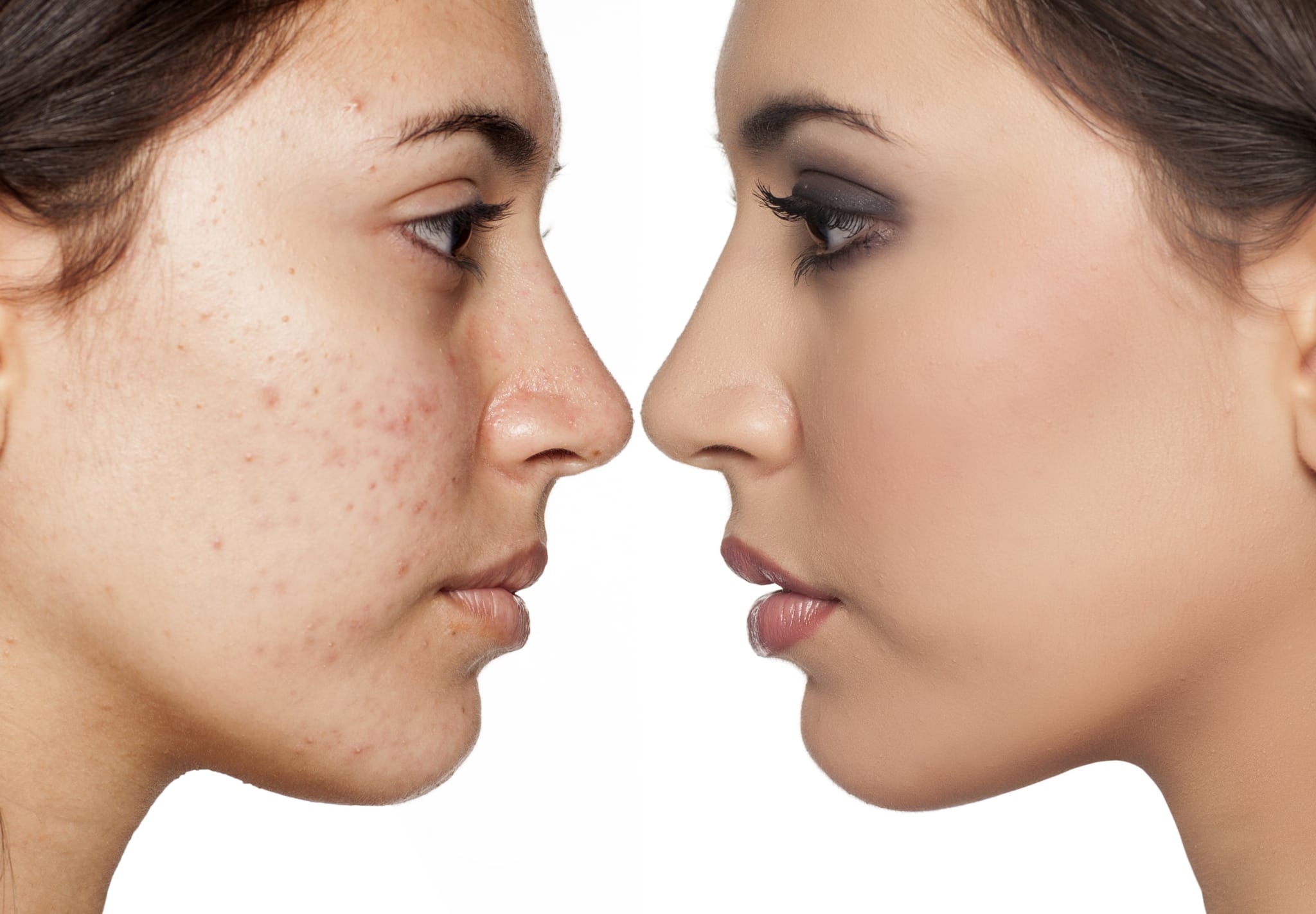Herpes doesn’t deserve the upset it causes. Four out of five New Zealanders have the herpes simplex virus, which is responsible for both ‘cold sores’ around the mouth (facial herpes) and sores around the genitals, buttocks and thighs (genital herpes). But while cold sores are considered a nuisance, genital herpes is associated with an unfounded degree of stigma.
Symptoms of genital herpes
The majority of people who carry the virus have no symptoms at all, and don’t even know they have herpes. In fact, more than 50% of people get herpes from partners who have no signs and symptoms, and are unaware they have the infection.
Typical symptoms are clusters of little vesicles which break, causing a sore which heals up and disappears.
First episode: A first episode of genital herpes is typically the worst, usually causing fever, headache and general bone and muscle aches, as well as irritation in the genitals. This may last for several days, during which reddened areas may appear on the genitals, later developing into painful blisters. The blisters then burst, generally to leave sores which gradually heal, usually without scarring. The whole process can take up to three weeks if not treated.
Recurrences: Symptoms may reappear from time to time – that’s because once the virus is acquired it stays permanently in the body. Most of the time it remains inactive, but every so often it may reactivate and cause another outbreak. Recurrences, however, are usually shorter and less severe than the first episode.
How is herpes spread?
Anyone who has ever had sex can get genital herpes – it is not about being clean or unclean – it’s about being sexually active in a normal way.
You can get genital herpes from someone who carries the herpes simplex virus, whether they show symptoms or not. Carriers may ‘shed’ the virus from time to time without showing symptoms and, in doing so, may transmit the infection to their sexual partner if they have sex at that time.
It’s also possible to contract genital herpes from someone with facial herpes. Over 50% of genital herpes in under 25-year-olds in NZ is caused by herpes simplex type 1 (facial cold sores) transmitted by oral to genital contact.
Facial herpes is so much more common because mere kissing can spread the infection. If you have cold sores, chances are you were infected during infancy or childhood as a result of contact with well-meaning relatives.
Myth vs Fact
1. Myth: Herpes isn’t that common and I’m unlikely to get it.
Fact: Up to 80% of the population has the herpes strain that causes cold sores on the mouth, and up to 22% of sexually active adults have genital herpes. Most, however, do not have any symptoms.
2. Myth: Herpes cold sores on the mouth are not the same as genital herpes.
Fact: You can contract genital herpes from someone with the ‘cold sore’ strain of herpes, via oral/genital contact.
3. Myth: People always know if they have genital herpes.
Fact: No, 80% of those with genital herpes do not know they have it, as they don’t have symptoms.
4. Myth: Herpes is passed through blood.
Fact: Herpes is not present in the blood. People with genital herpes can still donate blood. Herpes is only passed through direct skin-to-skin contact.
5. Myth: It’s risky living in the same house as someone who has genital herpes.
Fact: The herpes simplex virus is not spread through sharing communal facilities. When the virus leaves living skin cells, it dies. People with genital or facial herpes are able to use the same showers, toilets, washing machines and swimming pools as anyone else, without the worry of passing on infection.
Prevention and treatment
While there’s no cure for herpes, there are several ways to manage the virus and help reduce its transmission.
1. Alleviate the pain
Genital sores can be temporarily relieved by:
- Salt baths: A handful of salt in a shallow bath can help clean, soothe and dry the sores.
- Simple analgesics such as aspirin or paracetamol.
- Ice, which can be soothing if applied directly to the sores.
- Creams with an anaesthetic component, but these can slow down drying and should be used sparingly.
- Wearing loose underclothes, preferably cotton (not nylon), to help minimise discomfort and allow healing.
- Drinking plenty of fluids, which helps dilute urine and take the sting out of urinating.
2. Treating outbreaks
The standard, effective and specific treatment for genital herpes is antiviral therapy, which is usually in tablet form.
Antiviral medicines work by stopping the herpes simplex virus from replicating in the body; and they only work in body cells where the herpes virus is present, so side-effects are minimal.
Antivirals can be used to treat outbreaks as they happen – this is known as ‘episodic’ treatment.
Antivirals can shorten the duration of an outbreak and relieve symptoms, but they can’t prevent future outbreaks once you stop taking them.
3. Prevent recurrences
To prevent frequent or severe recurrences, consider ‘suppressive’ antiviral therapy. If you suffer from recurrent outbreaks and find them particularly problematic, your doctor may recommend you take oral antiviral medicine every day to help prevent recurrences happening. Suppressive therapy is taken continuously, ie. daily, for months or even years. There are several oral antiviral medicines in New Zealand which are available by prescription and fully subsidised.
4. Avoid transmitting herpes
People with oral or genital herpes should consider themselves infectious from the first symptoms up until the last sore is healed.
But people with herpes can be infectious whether symptoms are present or not. Even with no obvious lesions, herpes can be passed through ‘viral shedding’ which can occur in between outbreaks and in people who never experience symptoms. It’s difficult to predict when viral shedding happens, but it’s known to occur on at least 5% of days each year.
To reduce the risk of transmitting herpes to sexual partners:
- Avoid sex when signs of herpes are present.
- Use condoms with all new partners.
- If you or your partner has a cold sore, avoid oral sex as this can spread the herpes virus to the genitals.
- Avoid contact with broken skin, eg. Where there’s thrush or small abrasions. Transmission risk is increased where there’s broken skin.
- In long-term monogamous relationships, the ongoing use of condoms can be negotiated.
5. Consider counselling
While a diagnosis of genital herpes can come as a shock, accessing accurate up-to-date facts and discussing the issues with a counsellor (or another person with herpes) can be very helpful.
For information on managing herpes, visit the NZ Herpes Foundation at www.herpes.org.nz. Alternatively you can speak to your doctor.
















Community